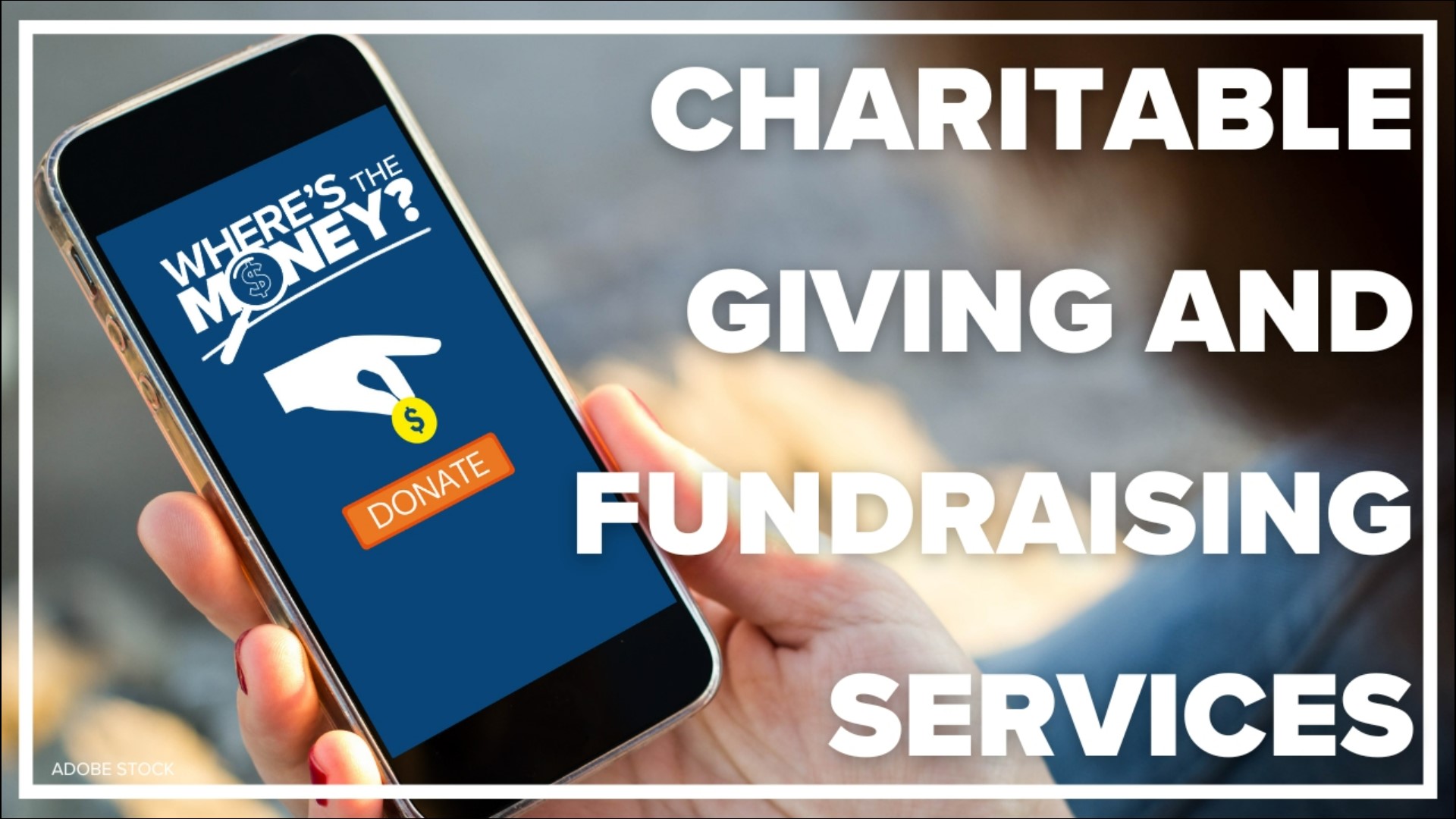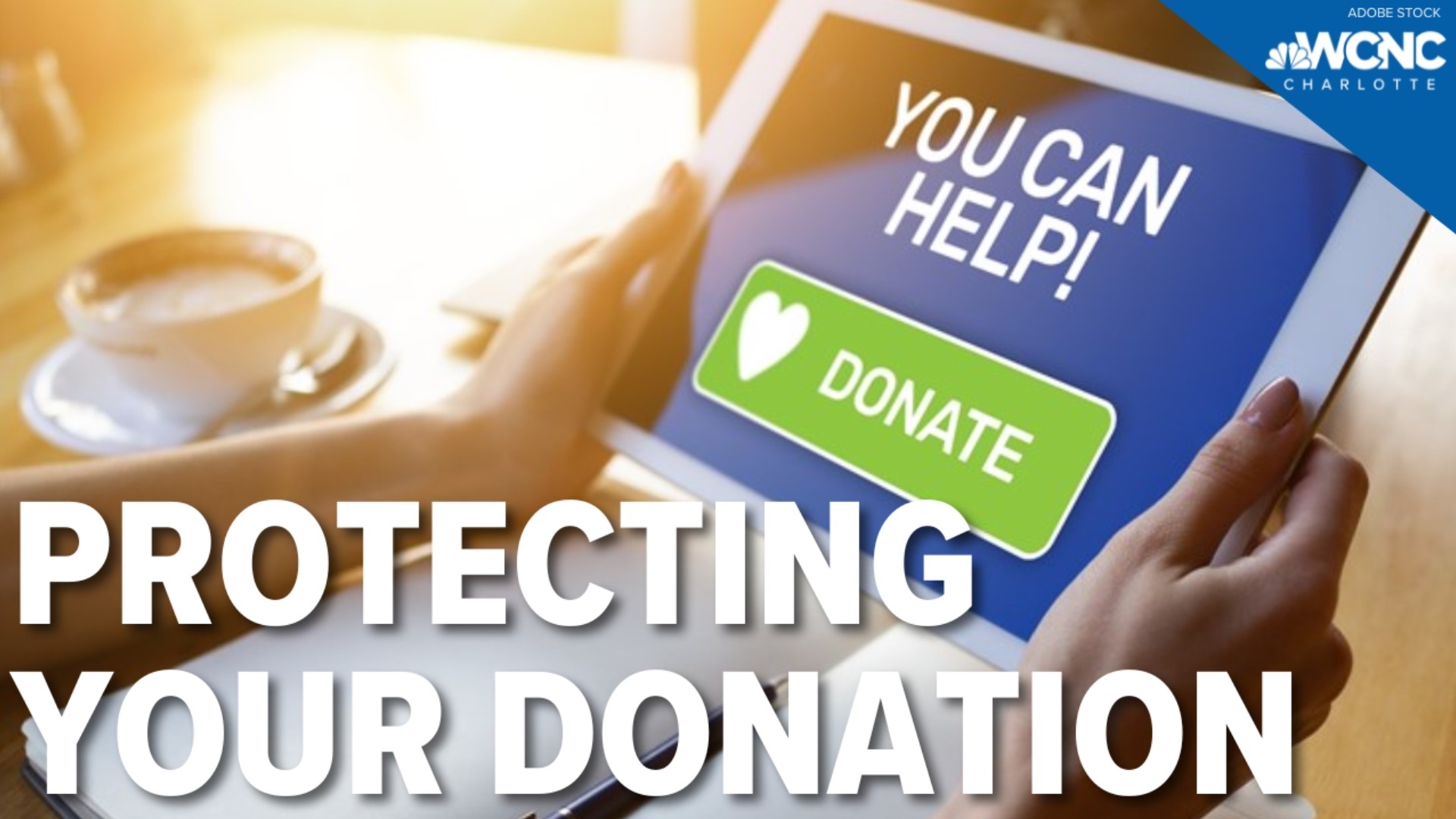CHARLOTTE, N.C. — Charities in the Carolinas are making money when they hire professional fundraisers to solicit on their behalf, but millions of dollars in donations never make it to the intended organizations and donors are likely unaware.
A WCNC Charlotte analysis of public records found when nonprofits hire professional fundraisers to solicit on their behalf, most of the time, those private companies collect more money than the actual charities that hire them.
"There are good professionals in this area and then there are organizations or groups of people or individuals who are either excessive in their fees or just not efficient in delivering services," North Carolina Secretary of State Elaine Marshall said. "I think most people want their money to go as far as it can to support that charity as opposed to the overhead."
In North Carolina alone, state records from 2020 and 2021 identified 200 charities that received less than 50% of the donations collected by the companies they hired.
Just 25 cents of every dollar go to the local Fraternal Order of Police
The Charlotte-Mecklenburg Fraternal Order of Police, like every other FOP in North Carolina and South Carolina, received far less than half of all proceeds. The lodge relies on donations to fund its Cops and Kids program, which provides gifts and school supplies to vulnerable children.
The organization hires Area Benefits, Incorporated, a professional fundraising company out of Georgia, to call potential donors on the FOP's behalf. Over the last 20 years, the FOP has received an average of roughly 25% of all donations collected by ABI. That equates to a little more than $1.5 million.
"Without this partnership, we wouldn't be able to collect the amount of money that we do," FOP President Daniel Redford said.

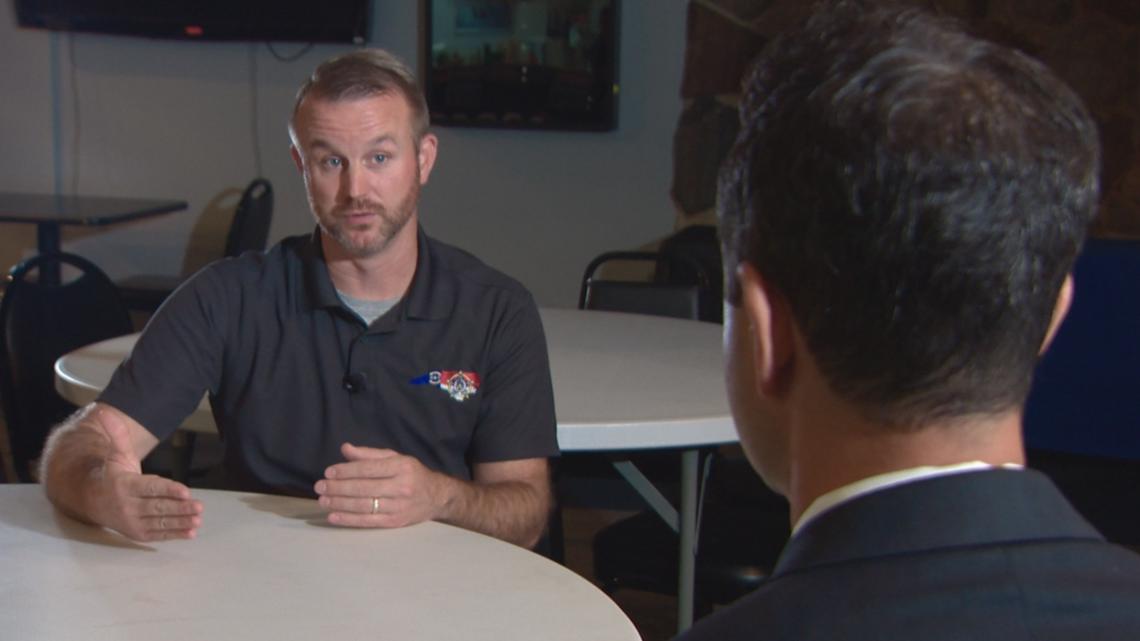
While the charity is thankful for the tens of thousands of dollars raised every year by ABI, WCNC Charlotte's review of state charity filings identified an additional $4.4 million from 2003 to 2021, about 75%, that went to ABI.
"When you look at it for just what it is, out of context, it is a big number," Redford said. "When you start beginning to understand where that money goes to, nobody's getting rich off of this. They've got phone bills. They've got employees that they have to pay. "
The FOP's longstanding contract states the nonprofit is guaranteed a minimum of 20% of all proceeds or at least $60,000 every year. The contract describes the final breakdown of funds as a 50-50 split after a promotional coordinator gets a 40% cut and after fundraising expenses are deducted.
"Do you think the people that are donating realize that 25 cents out of every dollar are going to this lodge?" WCNC Charlotte asked.
"I think that would be a question that would be better answered by ABI," Redford replied.
WCNC Charlotte asked ABI President Gary Coyne that question.
"I can't speak for the public myself," Coyne said. "I know for a fact that the public knows that law enforcement is not making the calls themselves."
Coyne said ABI uses a state-approved script that discloses his locally hired workers as paid solicitors calling on behalf of the Fraternal Order of Police. He said ABI's expenses include licensing, bonds and registration, as well as office staff.
ABI's most recent report to the state, filed in June 2022, shows a gross revenue of just under $290,000 of which roughly $116,000 reportedly went to salaries, fees, commissions and benefits, $11,700 went toward office expenses, rental, furniture, equipment and utilities and about $7,600 covered telephone, printing and postage. The document lists ABI's net proceeds from the telemarketing campaign as $77,287.70, which is equal to the amount the FOP received that year.
State laws require professional fundraisers to report how much they collect and provide copies of their contracts. WCNC Charlotte used those filings to conclude most fundraising services end up collecting the lion’s share of the donated dollars.
Too much on overhead
The Better Business Bureau's standard sets a baseline for charities to take home at least 65% of all money raised. The most recent state filings identify a range of charities that receive significantly less than 65%, including nonprofits focused on food, cancer and other medical priorities.

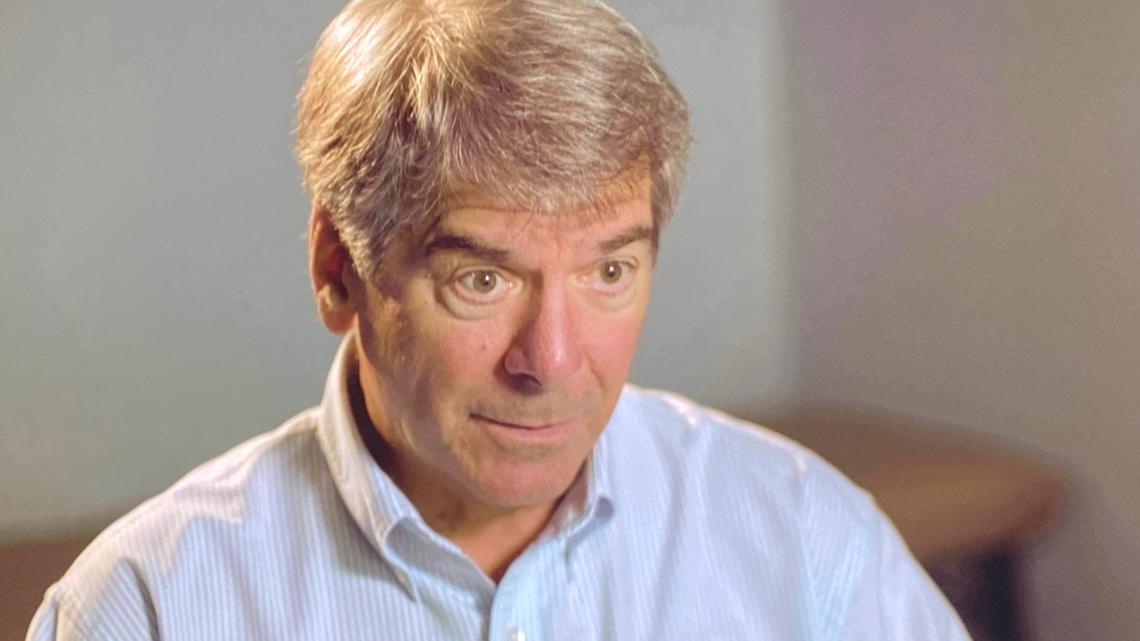
Tom Bartholomy, the president and CEO of the Better Business Bureau, said the practice leaves a bad taste in donors' mouths.
"They believe that they're doing good, that they're having an impact," he said. "And when they find out that's not the case, that turns them off from donating to anybody."
Bartholomy said charities that receive less than 65% are spending too much on overhead. His preference is to give directly to an organization.
"I would never ever make a contribution to a professional promoter that’s calling me on the phone," Bartholomy said. "If you want to have that impact that every donor tells us they want to have, give directly to that organization. They're easy enough to find. They all have websites.”

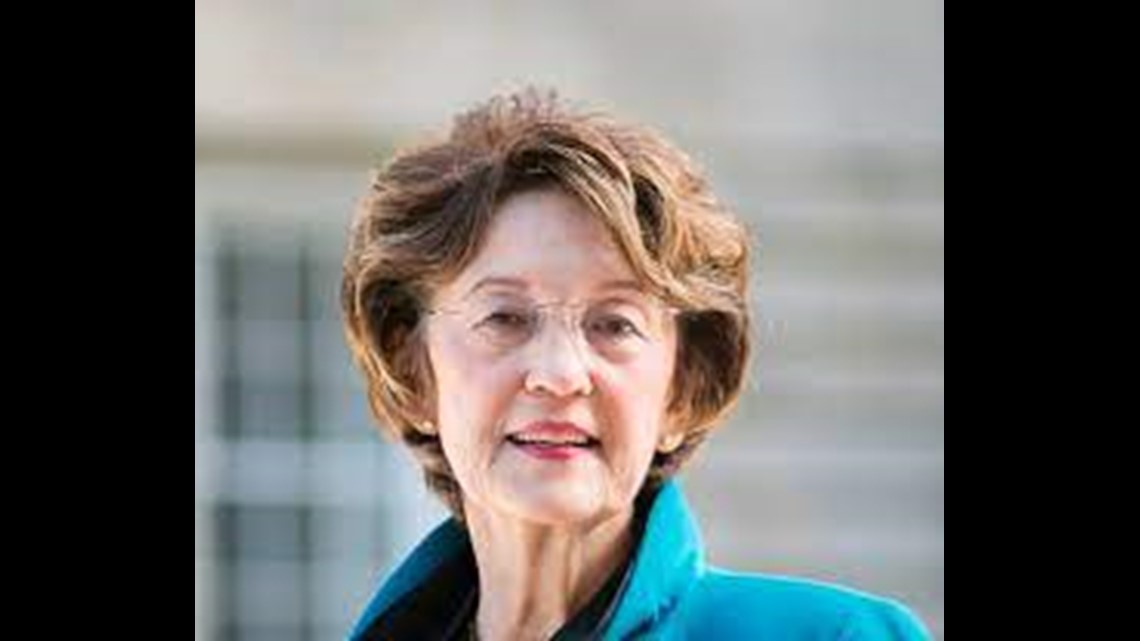
Marshall has an even higher bar for charitable giving. Her personal preference is "75% or better," but neither she nor state leaders can mandate how much charities receive.
U.S. Supreme Court case out of North Carolina set the precedent
A 1988 U.S. Supreme Court decision, which originated in North Carolina, concluded, based on First Amendment rights, states cannot determine "reasonable fees."
"We can't do that," Marshall said. "I came into office thinking I could because I wanted to make sure charities get as much as they could."
In its ruling, the country's highest court also determined professional fundraisers don't have to share the cost breakdown up front with possible donors. However, if asked, they have to provide that information.
"If asked, the expectation is they're telling the truth and explaining what the funding is being utilized for," Redford said about the FOP's solicitor.
WCNC Charlotte is always asking "where's the money?" If you need help, reach out to WCNC Charlotte by emailing money@wcnc.com.
ABI's president said the company, which filings show also recently solicited for FOP lodges in Asheville, Durham and New Bern, meets that expectation. Coyne said when potential donors ask for details, his workers are always transparent.
"It happens all the time," Coyne said. "We direct them to the Secretary of State's website. If somebody starts asking what the breakdowns are, that's when we direct them to the Secretary of State."
FOP to "re-explore" how it captures money
Charity filings show, during the most recent telemarketing campaigns, the other North Carolina FOP lodges received a slightly higher percentage of donations compared to the Charlotte-Mecklenburg lodge. In light of WCNC Charlotte's questions, Redford said if the FOP can negotiate a more favorable deal in the future, the organization will. After all, the end goal is to give back to the communities local police serve.

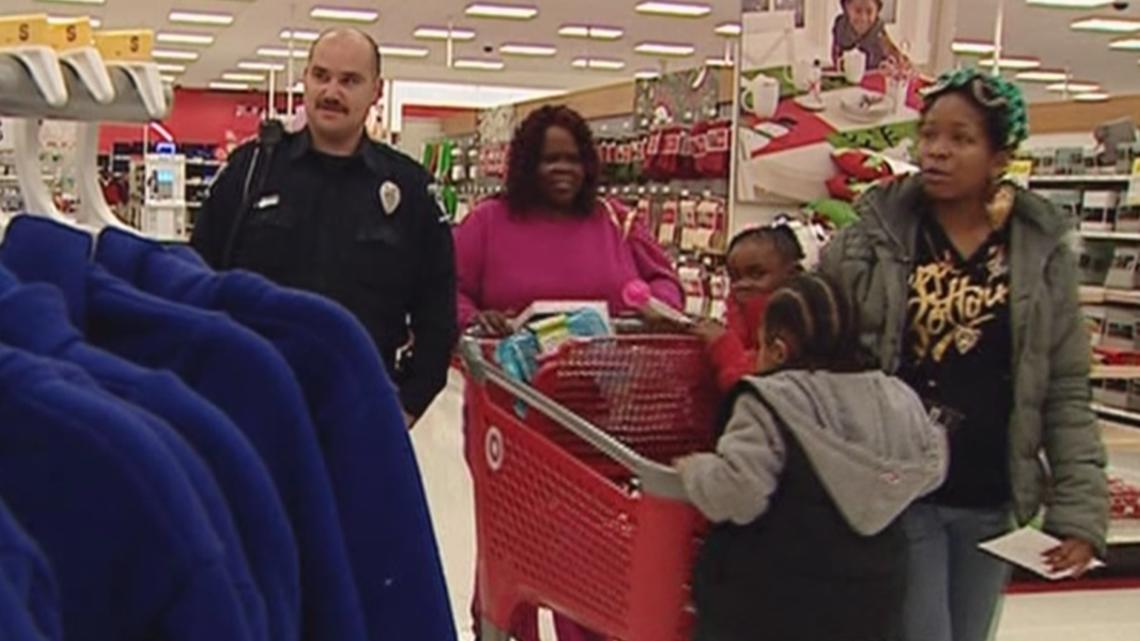
"If it's an opportunity for us to re-explore how we can capture more of that money, we're all for making changes that are going to benefit us, because it would benefit us greater to be able to receive more of that money," Redford said. "We are very thankful for that partnership, but if there's ever an opportunity in any realm of our organization to do a little bit better, then that's something that we'll always explore."
Do your homework
Marshall urges people to do their research by reviewing every charity's annual fundraising results, which are published online in North Carolina and South Carolina every year. She also recommends only giving to local charities and before donating any money, checking to see if the charity will allow visitors or volunteers, so potential donors can get a better feel for the non-profit.
There are several websites that can help you evaluate a charity.
They include:
Contact Nate Morabito at nmorabito@wcnc.com and follow him on Facebook, Twitter and Instagram.

